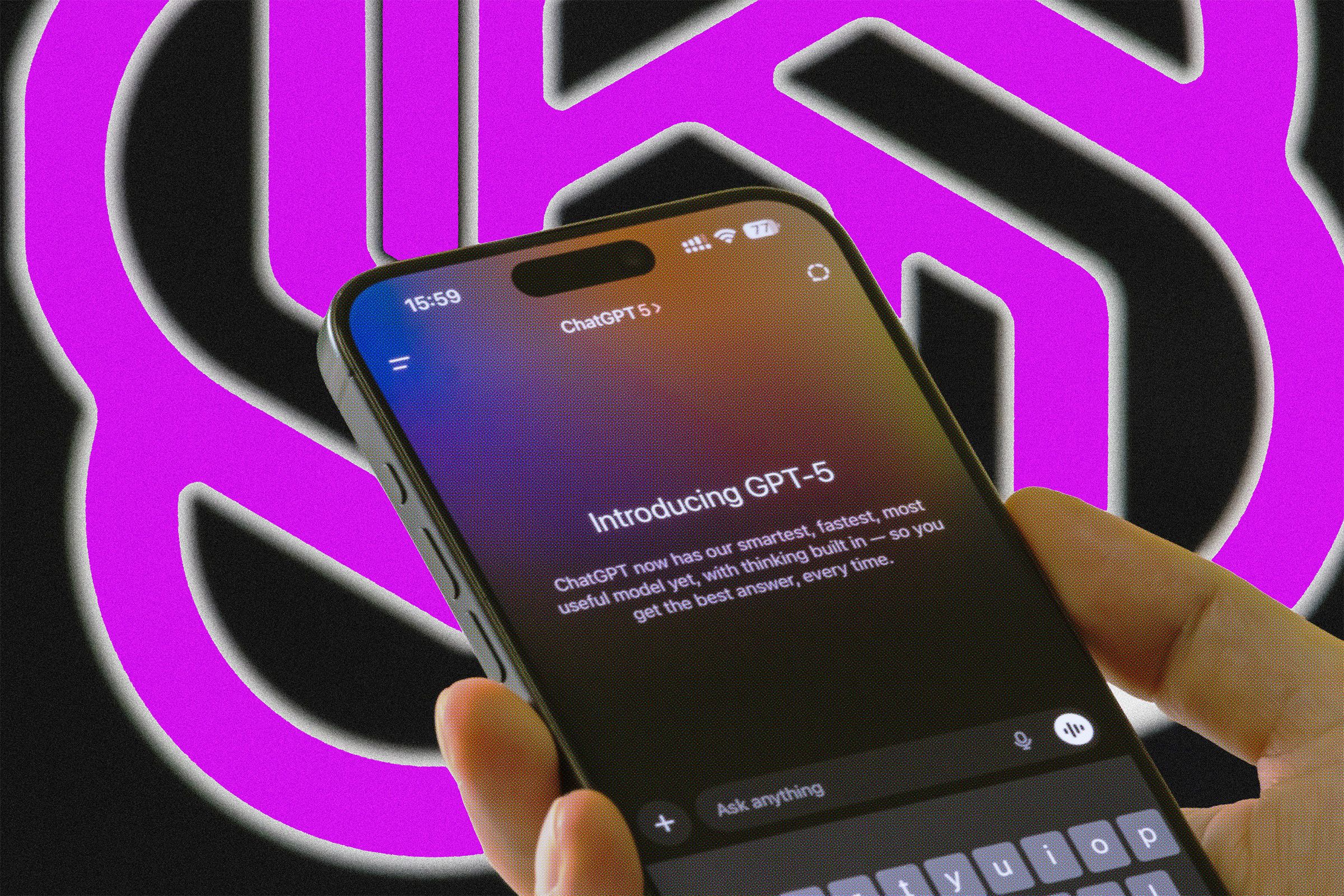GPT-5 Doesn’t Dislike You—It Might Just Need a Benchmark for Emotional Intelligence
GPT-5 Doesn’t Dislike You—It Might Just Need a Benchmark for Emotional Intelligence
Recent advancements in artificial intelligence have brought forth powerful language models like…

GPT-5 Doesn’t Dislike You—It Might Just Need a Benchmark for Emotional Intelligence
Recent advancements in artificial intelligence have brought forth powerful language models like OpenAI’s GPT-3 and its upcoming successor, GPT-5. These AI models are trained on vast amounts of text data, enabling them to generate human-like text responses to a wide range of queries.
However, users have sometimes reported feeling like the AI has a lack of emotional intelligence. This is not because GPT-5 dislikes you or lacks empathy, but rather because it may not have a benchmark for emotional intelligence to draw from.
Emotional intelligence is a complex and nuanced skill that involves understanding, managing, and expressing emotions effectively. It can be challenging to train AI models on emotional intelligence as it involves subjective experiences and cultural nuances.
By providing GPT-5 with a benchmark for emotional intelligence, such as a dataset of emotionally intelligent responses or feedback from human experts in psychology and emotional intelligence, we can help improve the AI’s ability to respond to emotional cues and show empathy.
Ultimately, GPT-5 is a tool created by humans, and its responses reflect the data it has been trained on. By being mindful of its limitations and actively working to improve its emotional intelligence capabilities, we can create more empathetic and understanding AI interactions in the future.
So next time you feel like GPT-5 is lacking in emotional intelligence, remember that it’s not personal—it’s just a matter of providing the right benchmarks and data for the AI to learn from.




